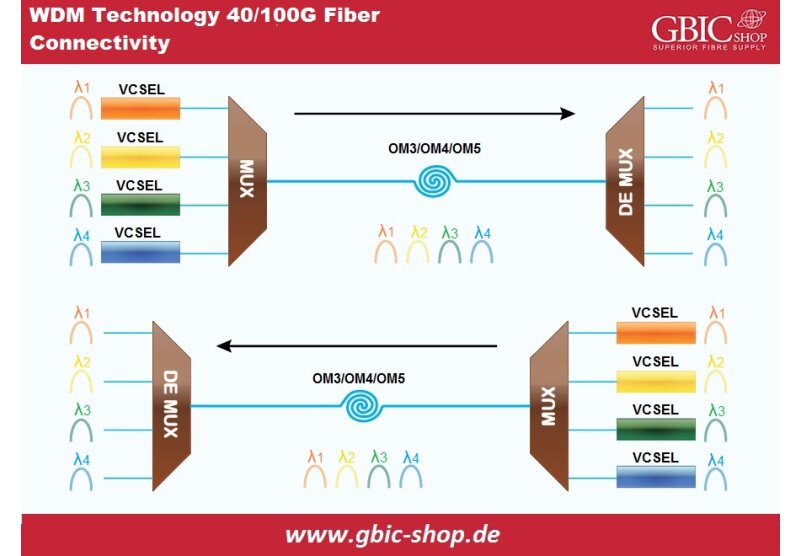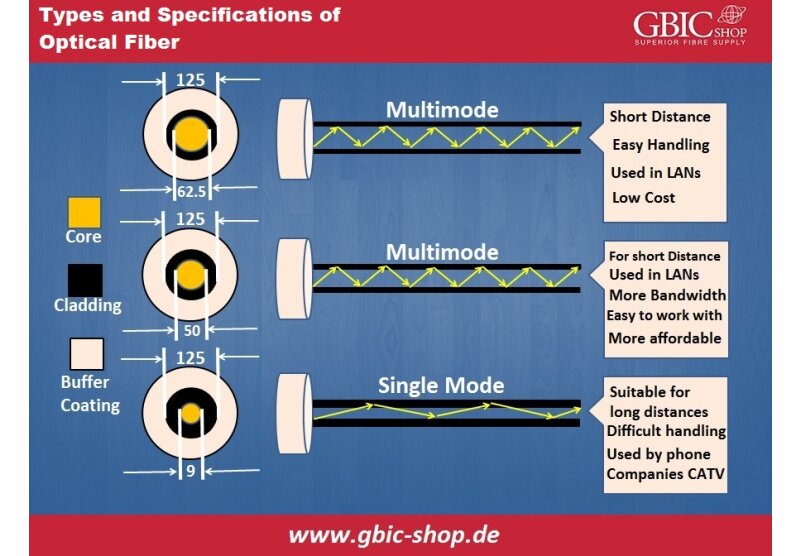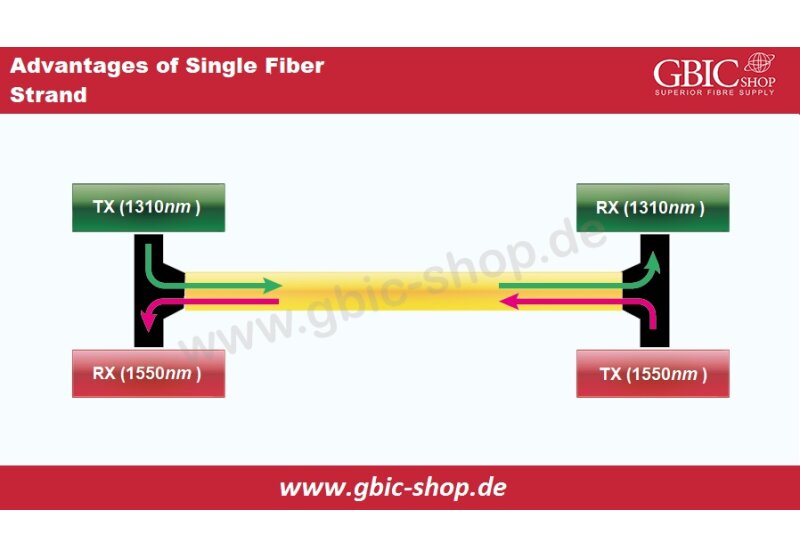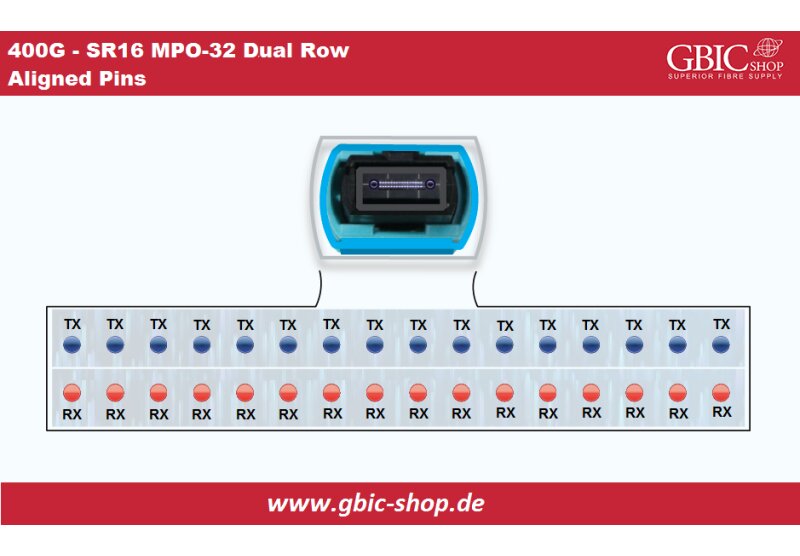The Wireless network is progressively becoming famous, credit to the evolution of smart home appliances and the comfort and accessibility of attachment to the internet, in any place, at any moment. Moreover, whereas wireless network is arranging further latest standards with the assurance of 5G, it is not essentially the finest or ideal for everyone. In reality, some people consider the conventional Ethernet wire a more appropriate choice.
We have profoundly observed the distinctions between Ethernet and Wi-Fi networks, analyzing everything from safety, speed, dependability, latency to intervention. We have also responded to some of the constantly requested questions regarding Ethernet versus Wi-Fi under each subject.
Ethernet in Comparison to Wi-Fi:
Wi-Fi is a more advanced technology of the internet that makes use of radio frequencies to transfer and collect signals between appliances. However, an Ethernet network utilizes an Ethernet or Local Area Network (LAN) wire to transmit data to a network.
One observable distinction between Wi-Fi and Ethernet is the unavailability of a physical link or traversed wires with Wi-Fi connections. Further factors regarding Ethernet versus Wi-Fi are given below.
Regarding Speed Which One is Faster; Ethernet or Wi-Fi?
Ethernet versus Wi-Fi speeds differ by a couple of points, like bandwidth and latency of Wi-Fi or the type of Ethernet wire. Latency is described as an obstruction for how much time it requires for the data to be transferred from one network device to the other. Kinds of Ethernet wires consist of Cat5e, Cat5, and Cat6 which provide support above 100 megabits per second, 1 gigabyte per second, and 10 gigabytes per second sequentially.
At present, the quickest speed of Wi-Fi in an abstract setting is around 6.9 GBPs, however, the real speeds are mostly lesser than 1 GBPs. The highest feasible rate for an Ethernet network is 10 GBPs utilizing a Cat6 wire.
Deliverance:
Given the same bandwidth, Ethernet has usually faster than Wi-Fi.
Safety: Is Ethernet More Safe Than Wi-Fi?
Safety is one of the crucial elements with regard to data shifting and internet connection. Data transferred on to Wi-Fi is at risk of hacking and data-dropping and therefore it demands end-to-end encryption. Two mostly implemented encryption techniques are Wi-Fi Protected Access 2 (WPA2) and Wi-Fi Protected Access 3 (WPA3). Initial techniques like Wi-Fi Protected Access (WPA) and Wired Equivalent Privacy (WEP) are less safe. The second one is comparatively safe. However, an Ethernet network can never be hacked if data is transmitted physically from one network or device to the other. Moreover, you can only approach data physically consequently data dropping is uncommon.
Deliverance:
Ethernet is basically secure in comparison to Wi-Fi.
With Regard to Latency Which Connection Provides Lower Latency?
There are some notable distinctions between Wi-Fi and Ethernet concerning latency or obstructions in transference of data. This factor is generally more applicable in the gaming world where the response time causes all the distinctions. Wi-Fi networks may face obstructions sometimes whereas an Ethernet network is more secure.
Deliverance:
Ethernet or Local Area Network (LAN) provides lower latency. Ethernet possesses least latency problems than Wi-Fi, making it a favorite for great intensity gaming where response time and constant speeds are necessary.
Concerning Interference Which Connection Undergoes the Lowest interference:
Wi-Fi connectivity relies on radio frequency to transfer and collect data therefore they are prone to radio frequency interference. Nevertheless, an Ethernet or Local Area Network (LAN) wire is coated or shielded, and therefore the data is not disturbed by radio frequency waves of low to a standard level.
Deliverance:
Ethernet connection is usually safe. But Wi-Fi connections are susceptible to dropping signals, lower speeds and higher latency because of electromagnetic interference.
Some Other Generally Asked Questions:
Can Wi-Fi Take Place of Ethernet?
The Wi-Fi network is good because of its comfort, however the latest technology of Wi-Fi is imperfect in many aspects and it is not strong enough to take the place of well-founded Ethernet connectivity.
Can an Ethernet Wire Make My Connection Better?
As regards to Wi-Fi versus Ethernet connectivity, an Ethernet wire provides more benefits. If you are in a building of your office where many offices share the wireless network, switching to Local Area Network (LAN) will increase the speed, decrease the latency and reduce interference.
Conclusion: Is Ethernet More Suitable Than Wi-Fi?
To resolve the Wi-Fi versus LAN debate, your best choice would be whether Wi-Fi or Ethernet will ever rely on your desire and liking. If you like the comfort of wireless connection to the disorder of twisted cables, then a Wi-Fi network is perfect for you. But if you don’t have any objection to staying at one place near the Local Area Network (LAN) outlet to amuse the fast speeds and safer connectivity, then Ethernet will be more reasonable.
 Espaniol
Espaniol
 Deutsch
Deutsch
 English
English










